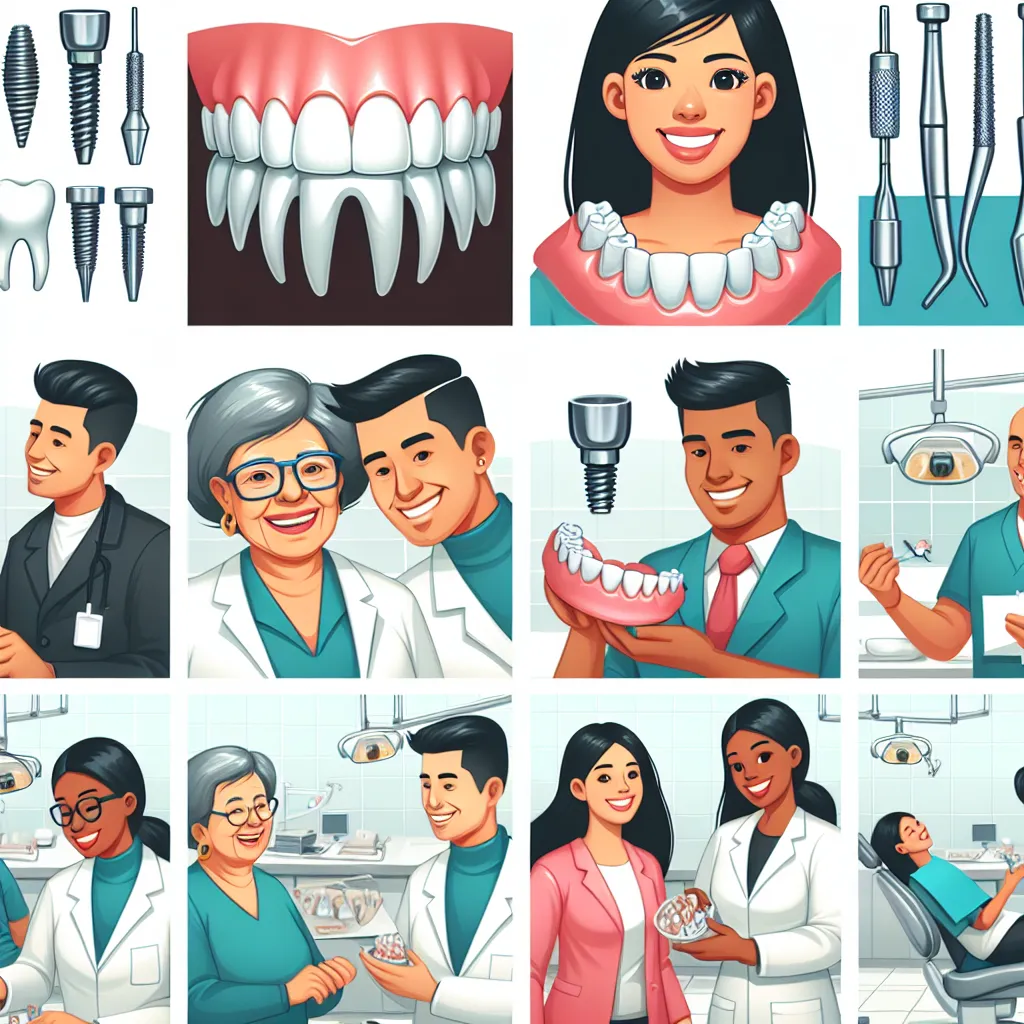Discover how dental implants for elderly can restore confidence, improve chewing, and preserve facial structure for a healthier, happier life....
Discover everything about cheap and affordable dental implants—costs, benefits, risks, and how to choose the right option for your smile....
Explore how affordable dental implants can restore your smile, improve confidence, and save you money with long-lasting, natural-looking results....
Discover everything about local dental implants near me, including costs, benefits, and how to choose the right provider for your smile....
Learn everything about dental implants in my area—costs, options, benefits, and how to find the right provider for your smile transformation....
Discover how permanent dental implants restore function and confidence, offering a long-lasting solution for missing teeth....
Explore how dentures & dental implants can restore your smile, improve confidence, and enhance oral health with long-lasting solutions....
Discover the pros, cons, and differences between dental implants and dentures to find the perfect teeth replacement option for you....
Learn everything about dental implants near me—how they work, benefits, costs, and how to choose the best local dental implant specialist....
Discover how full mouth dental implants restore confidence, function, and beauty with long-lasting, natural-looking results....










